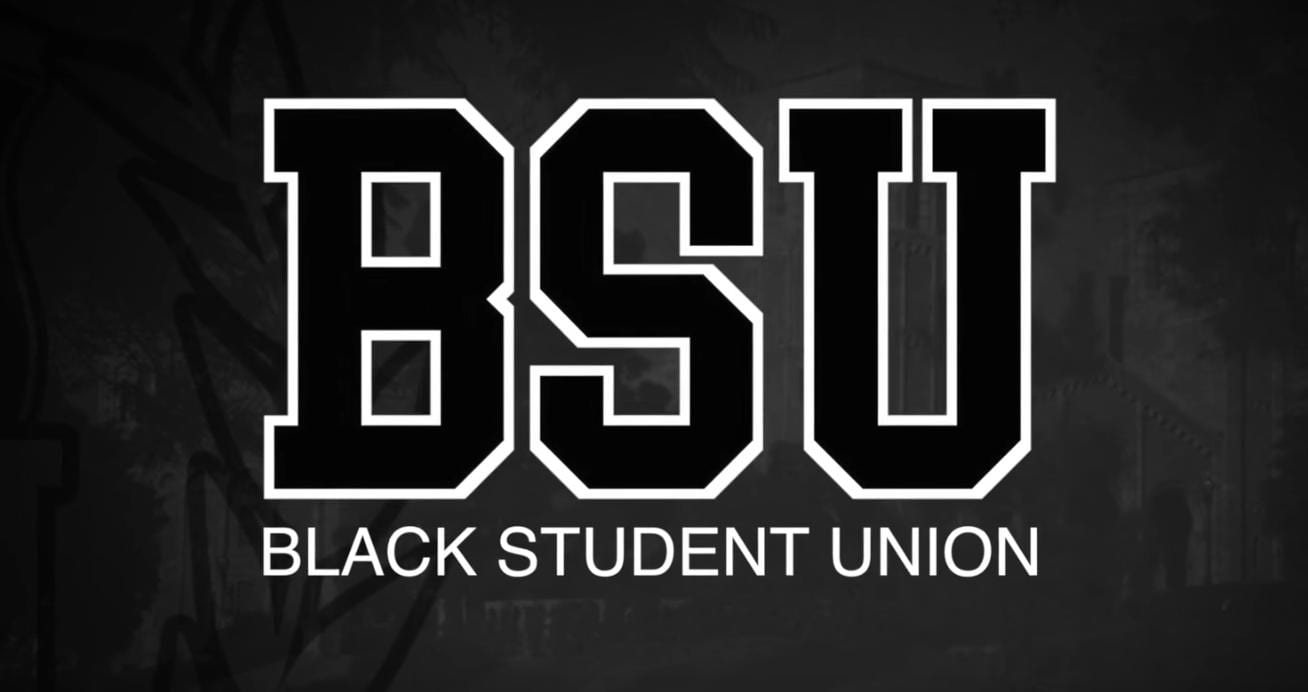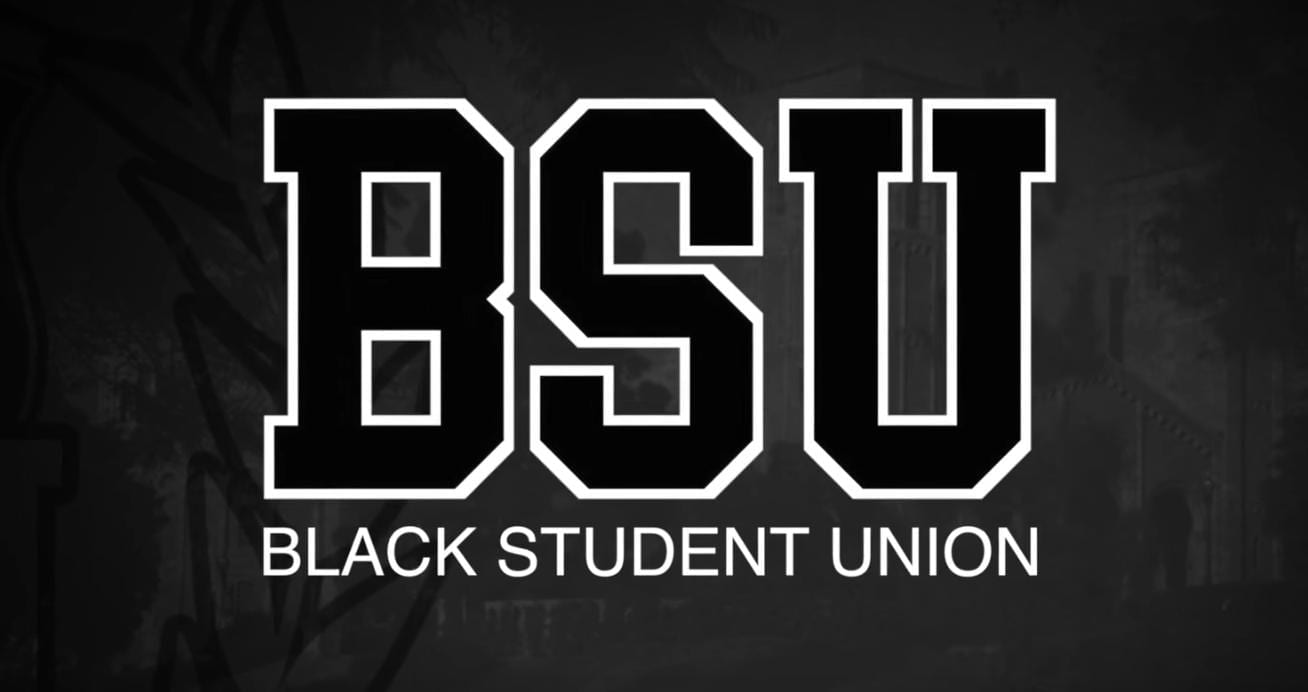La’Kenya Huggins – Staff Writer
It is a typical Friday afternoon, a conversation arises, and the chatter begins to crescendo through the speakers of computers. It is a Google Meet Black Student Union virtual meeting and the conversation at hand? It is not about police brutality or racism; it is about skin conditions on black skin.
One by one, members take their time recounting first-hand experiences of the hurdles they have gone through to get a correct diagnosis from dermatologists.
As stories and experiences flood in about false diagnoses and lingering curiosity after a doctor’s visit, the consensus is clear: detecting skin conditions on darker skin is underrepresented in the medical field.
“I feel like part of that is due to the fact that- I saw this black doctor on TikTok, and he was showing the medical book that they use for dermatology and it was on white skin. I feel like that plays a part as to why they don’t know because their textbooks [lack] diversity…” Thaisha Calixte explains to her peers.
Though skin conditions were a bustling conversation, Broward College’s Black Student Union talks about and is so much more than just that.
Black Student Union (BSU) is a fairly recent addition to BC’s clubs, beginning in the fall semester of 2019 by then high school junior, Jocelyn Daniel.
Now led by co-presidents Brittany Barrows, 16, and Thaisha Calixte,17, BSU is an organization created to be a safe space for all to discuss issues regarding the black community.
“I joined BSU to have a community that I can talk about issues with. Especially last year with the whole BLM [activity] and George Floyd, having a safe place to talk about black issues…was important to me… That’s what I joined for, and that’s exactly what the club gave me,” Barrows explains.
Barrows is a high school senior at College Academy at Broward College, and this is her second year in the club.
Barrows believes the club is important because there isn’t enough black unity in the world.
“Not only are there other races against us but even in our community there’s colorism, there’s texturism, there [are] so many things we differentiate ourselves on the standard of, I’m going to be honest, white people…So I think that having a space where we can be united and discuss things…is important because there’s so much against us that we have to come together and try to build peace within our community,” Barrows expresses.
Like Barrows, other members joined for that sense of community BSU emits.
Take Thaisha Calixte, for example. The high school senior joined BSU last year solely because of the comfort the club brought her.
“I’m not a club-type person, I don’t like going to clubs like that, but when people at BSU were talking it felt like a family of friends. People could disagree without feeling judged and people could agree… You didn’t feel pressure, you just talked about what you wanted to talk about. Everybody’s experience was different, and everyone respected that. I liked that,” Calixte said.
For many of the members-being as young as 16, Broward College was their first experience of a BSU, because their high schools did not have one implemented.
Second-year member and treasurer of BSU, Taitana Celestin, 18, recounts that going to Atlantic Technical High School-a minority-dominated school- a BSU would have been beneficial to the students.
“We could have had a club like this, it was needed, and we should have had it. I didn’t even know about [BSU] until I got to BC,” Celestin explains.
At BSU meetings, the co-presidents pride themselves on allowing their members to determine what direction the club focuses on.
“We make sure our members themselves have the opportunity [to choose their topics] because it is a club for them…it’s not for the presidents or the board, it’s for the people that join and the members that want to discuss things. They get to choose what they want to discuss because, at the end of the day, that’s who we’re here for,” Barrows asserts.
Members submit topics of their choice, and because of this, a moment rarely goes by where topics are dull and empty of discussion.
BSU has taken on the hard-hitting topics of colorism, removal of critical race theory, and blackfishing, all the way to the easier, digestible topics like wearing bonnets in public, cultural appropriation vs. appreciation and separating the art from the artist.
Despite meeting on Google Meet every other Friday, the conversation remains engaging.
“It’s an open floor. Anyone can speak if they want to. You know, somebody will start up a conversation, we piggyback, jump in, take turns, and we also talk in the chat two at a time. So, it’s really interactive and really fun,” first-year student Jaila Bosket, 16, explains.
While the conversation is geared towards the black community, BSU doesn’t only have black students and members encourage anyone of any race to join the union.
“It’d be nice to have other people as well because I feel like some people need to hear our conversations. It might not make them comfortable, but change starts with being uncomfortable. If you’re not uncomfortable with what you’re doing, then that means your used to it…” Calixte said.
So, no matter who you are, if you’d like to join BSU don’t hesitate. Come and join the club to catch a glimpse of the black experience, because they’re waiting for you with open arms.
In the words of Celestin, “The club is for everybody to feel open so that they can share their experiences and people wouldn’t judge [or] fight you on that. You give your opinions that you wouldn’t normally say out in the open, and everyone is willing to listen….[and] to talk about that. We’re not going to fight each other because you can’t fight [someone] on their experience.”
For more information about BSU, contact Brittany Barrows at brittanybarrows.parkway@gmail.com.

Lhuggins6114@gmail.com
